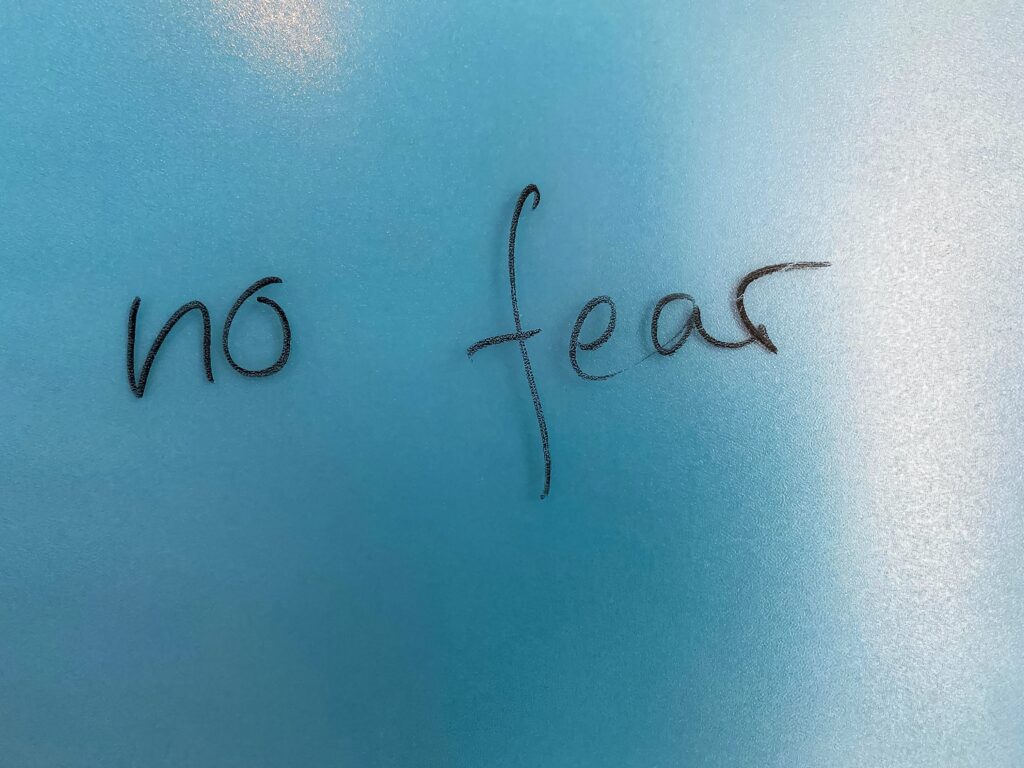
The Pivotal Role of Workplace Culture: Where Peter Drucker Meets Reality
Why Read This Article?
In the ever-evolving landscape of business, achieving strategic goals is a formidable task. This article explores the profound impact of workplace culture on achieving remarkable results. Drawing from renowned companies like Google, Netflix, and purpose-driven cultures like Unilever, we’ll delve into the real-world influence of culture on strategic success. As experts in culture consultancy, The Hive Change Consultancy understands the power of culture and aims to share our insights on creating, embedding, and thriving in a culture that delivers results that truly matter.
What Is Workplace Culture?
Before we embark on our journey into the dynamic world of workplace culture, it’s essential to define what it truly entails. At The Hive, we emphasise that workplace culture is the collective mindset, values, and behaviors that define an organisation. It shapes how teams work together, adapt to challenges, and ultimately deliver on their strategic goals.
Culture vs. Strategy: A Revealing Comparison
Peter Drucker, a management guru, famously stated that “Culture eats strategy for breakfast.” This assertion encapsulates the heart of our discussion. While strategy is undoubtedly essential, culture often takes precedence in influencing an organisation’s success. This truth is exemplified by companies like Google and Netflix.
Google: Where Innovation Meets Culture
One cannot discuss the influence of culture without referencing Google, a company synonymous with innovation and success. Google’s unique workplace culture is at the heart of its achievements. Here’s how culture has driven its success:
- Empowering Employees: Google encourages employee autonomy, enabling them to explore their creative potential. This sense of ownership fosters a culture of innovation and experimentation, ultimately contributing to the company’s groundbreaking products and services.
- Embracing Risk-Taking: Google’s culture values calculated risk-taking. Failure is not stigmatised but seen as a valuable learning opportunity. This culture of risk tolerance has led to the development of transformative technologies like self-driving cars and augmented reality glasses.
- Fostering Collaboration: Google’s workplace culture promotes collaboration and knowledge sharing. Employees are encouraged to engage in open discussions, which fuel the exchange of ideas and creativity. This collaborative ethos has produced groundbreaking products like Google Search, Gmail, and Android.
Netflix: A Culture of Freedom and Responsibility
Netflix, the streaming giant, has revolutionised the entertainment industry not only through its content but also its corporate culture. Here’s how a unique cultural approach has contributed to Netflix’s growth:
- Freedom and Responsibility: Netflix’s culture places a strong emphasis on freedom and responsibility. Employees are given the freedom to make decisions within their roles, coupled with the responsibility to act in the best interests of the company. This culture of trust and accountability has been a cornerstone of Netflix’s rapid expansion.
- Candid Feedback: Netflix encourages candid, open, and honest feedback among employees. This culture of direct communication and transparency allows issues to be addressed promptly, ensuring that the company remains adaptable and responsive to change.
- Focus on High-Performance: Netflix values high-performance employees and maintains a culture of rewarding top talent. By doing so, it attracts and retains the best in the industry, ultimately contributing to its market dominance.
Unilever: Navigating with Purpose-Driven Culture
Unilever, a consumer goods company, demonstrates the significance of aligning values with strategic objectives. Unilever’s purpose-driven culture has not only improved the company’s image but also its bottom line. Here’s how culture drives success at Unilever:
- Commitment to Sustainability: Unilever’s culture is deeply committed to sustainability and social responsibility. The company has set ambitious sustainability goals and actively promotes environmental and social well-being. This commitment resonates with consumers and aligns with their values, driving brand loyalty and sales.
- Social Impact: Unilever’s culture places a strong emphasis on making a positive social impact. The company’s campaigns and initiatives, such as the Dove “Real Beauty” campaign, demonstrate its dedication to making a difference in the world. This purpose-driven culture attracts consumers who want to support socially responsible brands.
- Employee Engagement: Unilever’s culture prioritises employee engagement and growth. The company’s commitment to employee development and well-being fosters a motivated and loyal workforce, contributing to increased productivity and innovation.
How Culture Affects the Workplace
To fully comprehend the impact of culture, it’s crucial to understand how it influences the workplace. Here are the key dynamics at play:
- Employee Motivation: A positive workplace culture fosters motivation. When employees feel valued, recognised, and connected to the organisation’s values, they are more motivated to contribute their best efforts.
- Productivity and Innovation: Culture can either fuel or hinder productivity and innovation. A culture that encourages open communication, risk-taking, and learning drives employees to think creatively and take ownership of their work.
- Adaptability and Resilience: In today’s fast-paced business environment, adaptability is paramount. A culture that promotes adaptability and resilience equips organisations to respond effectively to changes and challenges.
Diagnosing Issues in Your Workplace Culture
Recognising signs of issues within your organisation’s culture is crucial for achieving remarkable results. Here are common red flags to watch for:
- Employee Disengagement: Disengaged employees are often a sign of a deteriorating culture. When employees no longer connect with the organisation’s values or feel their contributions are recognised, they become disengaged.
- High Turnover: Frequent turnover can indicate issues within your culture. If employees are leaving the organisation at a high rate, it may be a result of dissatisfaction with the workplace culture.
- Lack of Innovation: A culture that stifles creativity and innovation can lead to stagnation. If your organisation struggles to generate new ideas or adapt to changes, it may be time to address cultural issues.
- Communication Breakdown: A breakdown in communication within the workplace is often a symptom of cultural issues. Employees may hesitate to speak up, provide feedback, or collaborate.
Consulting An Expert on Workplace Culture
Navigating the complexities of workplace culture and aligning it with your strategic goals is no easy task. This is where experts in culture consultancy, like The Hive Change Consultancy, can make a significant difference. Here’s why consulting with experts is invaluable:
- Expertise: Culture consultants possess in-depth knowledge and experience in shaping workplace cultures. They understand the nuances and complexities of culture and can provide tailored solutions.
- Strategic Alignment: Consultants can help align your culture with your strategic objectives, ensuring that your cultural initiatives drive your desired results.
- Problem Solving: Culture consultants can diagnose cultural issues and provide actionable solutions to address them effectively.
- Employee Engagement: Consultants can help enhance employee engagement and foster a positive workplace culture that motivates and retains top talent.
Conclusion
In the realm of business, where strategies are essential, culture plays a pivotal role in determining success. At The Hive Change Consultancy, we understand the delicate balance between the two and can help you unlock the full potential of your organisation’s culture.
In today’s competitive landscape, understanding that culture eats strategy for breakfast is not a mere adage but a reality. By harnessing the power of culture and aligning it with your strategic objectives, you can achieve remarkable results that truly matter. Culture isn’t just a part of your organisation; it is the driving force that propels you from where you are to where you want to be.













































